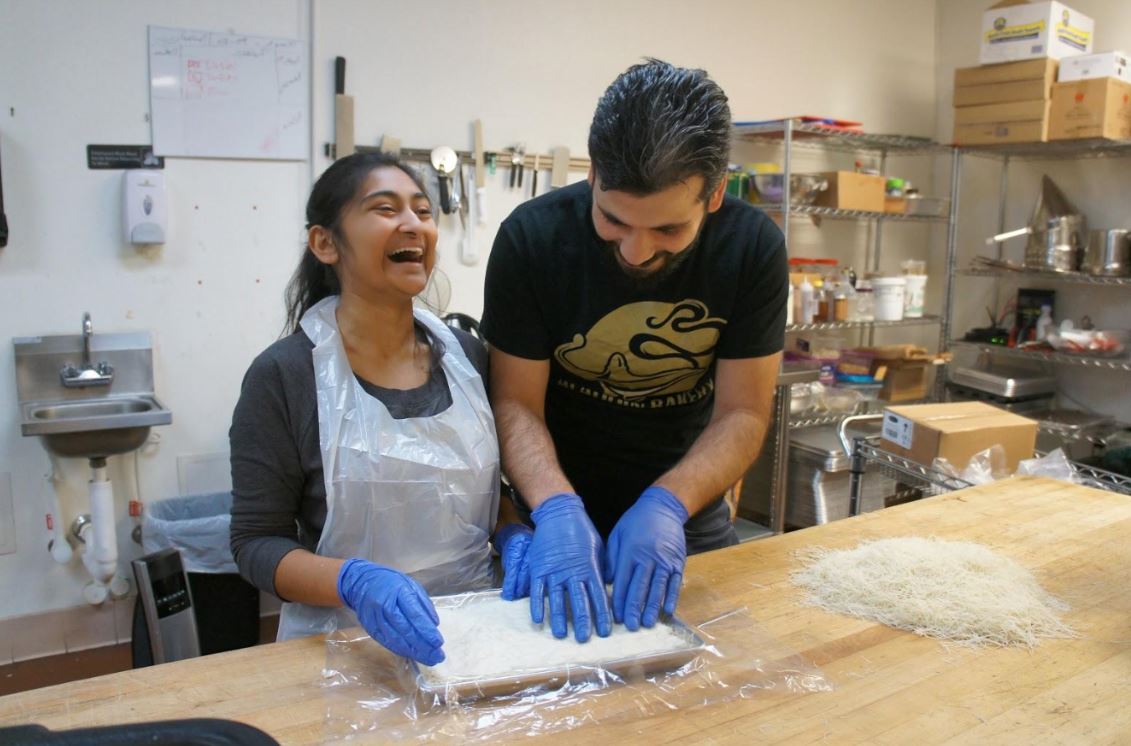Too often, Fresno and the Central Valley are relegated to the “worst of” lists, and anthropology students at Fresno State are challenging these broad categorizations by validating the invaluable food knowledge and cultural and economic contributions immigrants, refugees and diasporic peoples bring to the table day in and day out.
Fresno Foodways is an alternative, interactive, online ethnographic guide to food in the city put together by students enrolled in Dr. Hank Delcore’s Ethnographic Methods course and Dr. Dvera Saxton’s Women, Biology and Culture course. Throughout the spring semester, students conducted anthropological research on restaurant owners and home cooks, interviewing them, spending time at the establishments and participating in cooking and baking.
Public anthropology aims to document the human experience and to participate in research and action to address inequalities and injustices in ways that are tangible and relevant to the community. Students collaborated with a group of food entrepreneurs and home cooks hailing from immigrant, refugee and diasporic communities in the Valley to tell their stories in ways that go beyond Yelp-style reviews.
“These communities face multiple challenges, including racial prejudice and discrimination, exclusion from public investment, disproportionate attention from law enforcement and xenophobic suspicions about crime and terrorism,” said Delcore, an anthropology professor.
“African Americans, Southeast Asian Americans, Latinx Americans, Arab Americans and others have a long history in our region, but their presence and contributions are often minimized, their labors devalued and their lives and livelihoods routinely jeopardized,” said Saxton, an anthropology assistant professor.
The goal of the project is to amplify the stories of marginalized groups, support their businesses by creating a website featuring rich and sensorily stimulating vignettes, train anthropology students in the methods of their discipline and in creative and career-worthy applications and foster public engagement in social justice issues through food.
“Eventually, we want to work with other agencies, organizations and individuals in the Central Valley to expand and promote the site as a community development and tourism tool,” Saxton said.
Students hope their website will encourage people to support the establishments profiled.
(This story was written by Dr. Dvera Saxton. For more information, contact dsaxton@csufresno.edu.)





